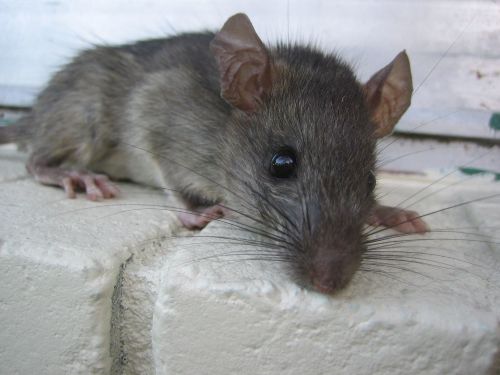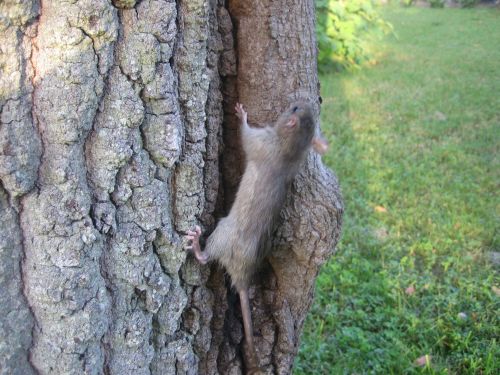Tigers need your help!
Posted on
Update: Fantastic News!
The fundraiser hit its target (it was £716 in the end) and now the tigers' solar pumps can be mended so that they, and other wildlife in the area, have water to drink. The background story is below.
However, it's not too late to donate to give tigers water! Tigers4ever have another Global Giving campaign called Water For Bandhavgarh's Tigers - Reducing Conflict and they still need donations for that. Read the background to this appeal here.
Background Story....
A herd of wild elephants have moved to Bandhavgarh. And they have been very naughty and destroyed two solar pumps which power the borewell pumps at two waterhole sites.
The tigers in the area are more than a bit miffed, and they are worried, too, because the drought season is rapidly approaching, and they need water to survive. As do many other animals in the area.
As a result of the elephants’ actions, the tigers need the solar pumps to be mended and of course they don’t have any money.
Please will you help the tigers?
It’s easy to do.
Tigers4ever, an amazing charity which works to give tigers a future, has a Global Giving campaign. They need to raise £803, and you can contribute to the campaign here.
Tigers4ever aim to do two things with this campaign:
- Replace the broken solar panels so that water under the ground can be pumped to the surface again – then the animals will have a source of water and won’t need to go into villages looking for water.
- Put up fencing around the solar pump that’s elephant proof so that the solar pumps will be protected. They are looking at using chilli fences and beehive fences to deter the elephants but these will need to be funded.
Anyway, the tigers and the other animals in the area would really appreciate your help. They want and need access to water to survive and thrive. Please help them and contribute towards giving them water.

